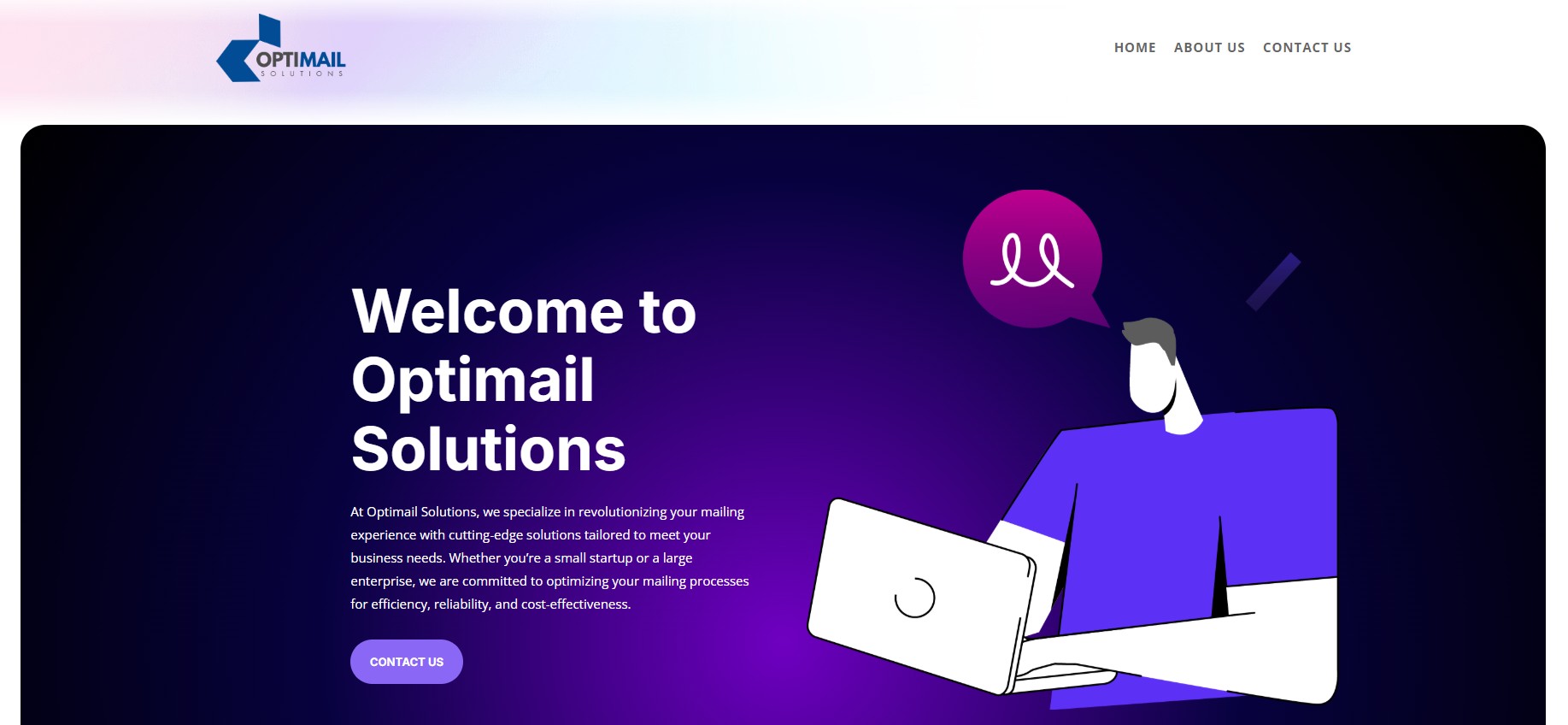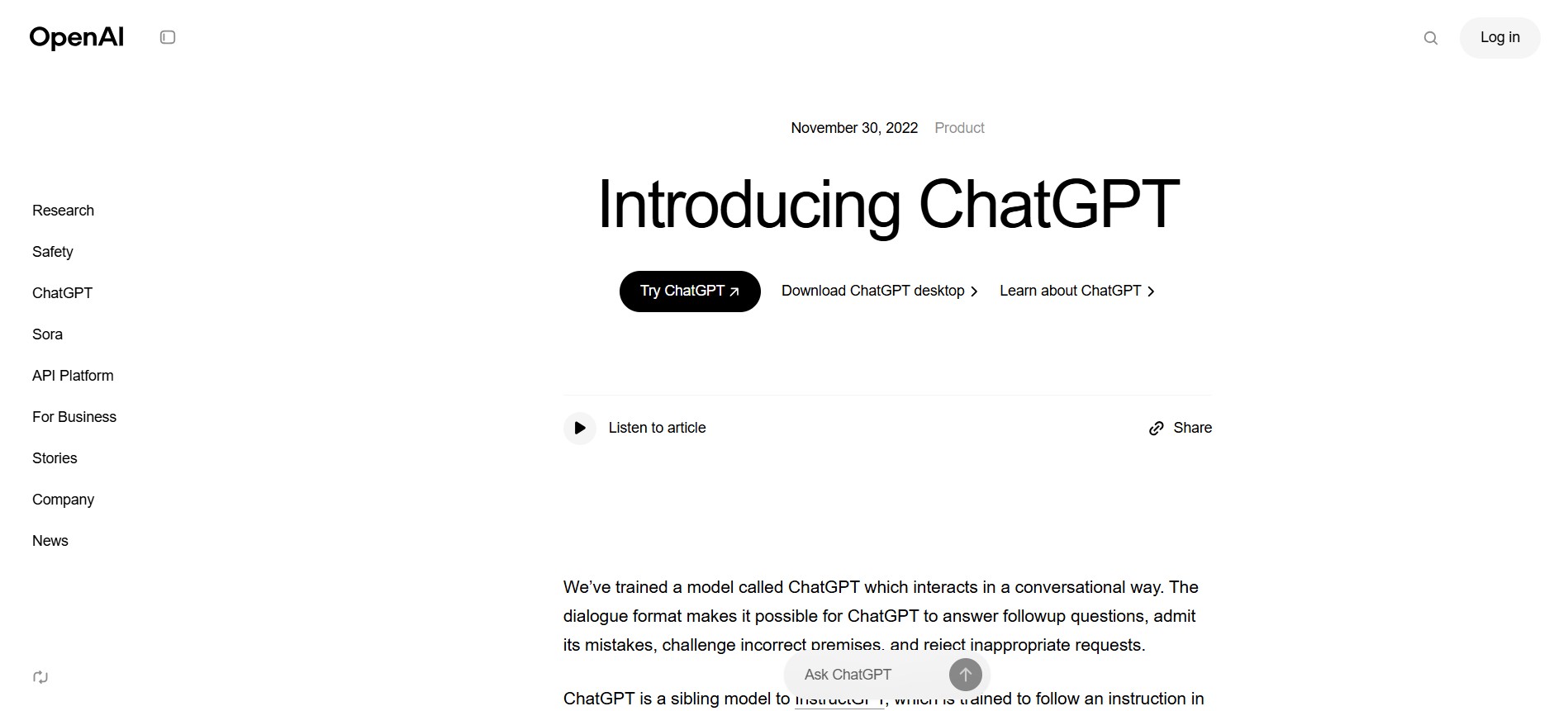Everyone’s chasing the social media spotlight, but what if the real eCommerce magic is happening in your inbox? One of the famous brands, Nike, figured out that it’s time to hit ‘send’ with killer email campaigns with personal recommendations and exclusive drops.
Personalized emails were used by Nike to communicate with their customers. As a result, 29% more people read the emails, and 41% more people clicked on the links included. Nike achieved better results by customizing their emails to suit everyone’s needs and interests.
Email marketing does not just grab attention but creates real connections and nurtures lasting customer relationships. Smart eCommerce brands are already using free email marketing tools to drive repeat sales without spending money.
In this blog, we will walk you through how eCommerce brands leverage free email marketing to scale their eCommerce business. From the top AI tools to campaign tips and phenomenal strategies, let’s explore how you can win big with a zero-budget strategy.
Why Email Marketing is Still a Game-Changer in 2025

Despite the rise of flashy social media ads and influencer campaigns, free email marketing remains one of the most cost-effective channels for eCommerce. With an average ROI of $40 for every $1 spent, email is king and when it is free, the return is even sweeter.
Unlike unwanted ads, email is permission-based. Subscribers have asked to hear from you. Using a mailing list service ensures that your messages reach the right audience with content they want to read. The result? Higher open rates and improved trust.
Brands like Glossier and Allbirds mastered the art of storytelling through email. They didn’t need big ad budgets, they relied on curated newsletters and user-generated content. Email marketing remains a powerhouse with outstanding features such as,
- It is direct: You reach customers without competing with algorithms.
- It is measurable: Every open, click, and purchase is tracked.
- It scales easily: Add automation, and you are set.
- It builds loyalty: Personalized campaigns foster long-term customer relationships.
Whether you are running a side hustle or a full-scale Shopify store, email marketing amplifies your growth without draining your bank account.
Now that we know the ‘why,’ let’s move on to the ‘how.’
And it all begins with your email list. Without it, your marketing efforts have nowhere to go. Let’s look at how to build a mailing list that drives results.
Before you send a single email, you need a list of subscribers who want to hear from you. Invest in an impressive mailing list service. Let’s check out some of the best free tools to grow your email list and boost your marketing strategy.
- Sumo — Offers quick-to-setup popups and access points that help visitors subscribe to your emails. Ideal to increase your subscribers by giving them valuable lead magnets.
- Privy—Displays targeted popups and banners at the last seconds before users leave your site to make sure you do not lose possible leads.
- ConvertBox — Helps people find sign-up forms in the right spots, making it easier for them to become customers.
Pro Tips:
- Use lead magnets (discounts, guides, freebies).
- Add sign-up forms to your homepage, blog, and checkout.
- Segment subscribers by where they signed up.
After securing your email list, focus on getting tools that let you talk to your email audience well. A top email marketing platform allows you to build, schedule, and make your campaigns more effective.
Here are simple steps to help your e-commerce business thrive with email marketing.
Step 1: Choose the Right Free Email Marketing Platforms
When scaling, you need more than just a way to send newsletters. Choose platforms that have automated features, link to eCommerce stores, and let you analyze what happens on the site. Here are the top 5 free email marketing tools that can boost growth and interaction with customers in the eCommerce industry.
| Platform | Free Plan Limits | Key Features |
| MailerLite | Up to 1,000 subscribers, 12,000 emails/month | Great UX and eCommerce workflows |
| Omnisend | Up to 250 contacts | Automation, SMS included, Shopify & WooCommerce integration |
| Mailchimp | 500 contacts, 3,500 emails/month | Creative templates, basic AI features |
| Brevo (Sendinblue) | 300 emails/day, unlimited contacts | Transactional emails, SMS marketing |
| Moosend | 30-day free trial | Segmentation, personalization, A/B testing |
Each of these platforms offers free email marketing software that’s ideal for scaling on a budget.
Step 2: Automate to Scale Without Adding Hours
Time is money, especially in e-commerce. Email marketing automation helps you send tailored emails to users by using prearranged rules and intelligent systems. Instead of sending messages on your own, automation helps to send them to the right individuals at the best time.
How it Works:
- Send welcome emails automatically
- Recover abandoned carts
- Upsell and cross-sell based on behavior
- Re-engage inactive subscribers
Automation Flow Example:
- Trigger: User signs up
- Email 1: Welcome + 10% off coupon
- Email 2 (2 days later): Product benefits
- Email 3 (5 days later): Customer testimonials + CTA
These automations can be created on all major free email marketing platforms.
Step 3: Personalize with AI + Smart Segmentation
With the help of automation, emails sent to everyone feel as if they were created just for them. By understanding how your users behave and make decisions, AI helps you send smarter, more targeted emails without any extra effort from you.
Top email marketing campaign services use AI to,
- Recommend products based on past behavior
- Segment by browsing patterns, purchase history, or location
- Predict when users are most likely to open
Free Tools That Offer AI-Driven Features:
- Mailchimp: Uses basic predictive analytics to forecast customer behavior.
- Omnisend: Leverages behavioral triggers to automate personalized emails.
- Brevo: Optimizes send times and content for better engagement.
Personalization boosts engagement and, ultimately, sales.
Step 4: Use AI Tools to Supercharge Email Campaigns
Want your emails to work while you sleep? AI-powered tools help eCommerce brands scale faster and smarter. Let’s look at the 10 best AI tools that can increase your email marketing results.
Top 10 AI Tools to Supercharge Free Email Marketing
1. Seventh Sense

Best for: Optimizing send times and deliverability
What it does:
Helps businesses with low open rates or trouble with emails being sent regularly.
Seventh Sense analyzes your audience’s email engagement behavior, when they open emails, click links, or ignore content. It uses this data to automatically send each subscriber emails at the time they’re most likely to engage.
Key Features:
- Behavioral send-time optimization
- AI-driven deliverability improvements
- Integration with HubSpot and Marketo
- Smart resends to increase engagement
Why it matters for eCommerce:
When users receive time-sensitive emails from your brand at the right time, you will notice your sales and interactions increase.
2. Phrasee

Best for: AI-generated subject lines and email copy
What it does:
Works best for Brands looking to maximize open and click rates with optimized messaging. By using NLG and deep learning, Phrasee helps you develop email subjects and messages that are likely to be effective for your users.
Key Features:
- AI-generated subject lines and headers
- A/B testing predictions
- Continuous performance learning
- Brand language consistency
Why it matters for eCommerce:
When your email arrives, your customer sees the subject line instantly. Phrasee supports businesses to catch people’s attention in a busy email box through personalized and effective copy.
3. Rasa.io

Best for: Smart, AI-powered newsletters
What it does:
Useful for brands that create a lot of content and are experts in specialized fields. Rasa.io uses information about each person’s interests and what they click on to make unique newsletters for subscribers.
Key Features:
- Smart newsletter curation
- AI personalization at scale
- Engagement tracking
- RSS feed and blog integration
Why it matters for eCommerce:
If your brand posts blog content, how-to guides or industry updates, this option works perfectly for you. The information disseminated keeps people interested in what matters to them.
4. Copy.ai

Best for: Fast, AI-generated email content.
What it does:
Ideal for those who want high-quality content without spending hours writing.
Copy.ai generates high-quality marketing copy using GPT-based models. You can generate email sequences, subject lines, promo emails, and more in seconds.
Key Features:
- Dozens of templates for email types
- Custom tone and style settings
- Multilingual support
- Integration with tools like Zapier for automation
Why it matters for eCommerce:
Time-saving and cost-effective, it’s a perfect tool for small brands without in-house copywriters or marketers.

5. Optimail

Best for: Automated content optimization
What it does:
Ideal for brands that want to automate A/B testing and improve ROI. Optimail uses AI to test various versions of your email content, find the best-performing ones, and send optimized versions automatically.
Key Features:
- Smart content experimentation
- Performance-based decision-making
- Seamless integration with CRM tools
- Real-time campaign optimization
Why it matters for eCommerce:
You don’t need to manually A/B test everything. Optimail learns what works and applies it in real-time, improving conversions with less effort.
6. ChatGPT

Best for: AI-powered email copywriting
What it does:
Perfect for businesses looking to create personalized, high-converting email content.
ChatGPT helps to generate email copy tailored to your target persona, ensuring messaging aligns with audience preferences. Using AI-driven language models, it crafts compelling subject lines, engaging body text, and clear CTAs to improve open rates and conversions.
Key Features:
- AI-generated copy personalized for different audiences
- Engaging subject lines and optimized email text
- Adaptable tone and style based on branding
- Works with various email marketing platforms
Why it matters for eCommerce:
Personalized email content boosts engagement, retention, and conversions, helping brands connect with customers more effectively. Strong messaging ensures higher open rates, better click-throughs, and improved sales performance.
7. Smartwriter.ai

Best for: Personalized cold outreach and email intros for DTC brands reaching out to influencers, partners, or B2B buyers.
What it does:
Smartwriter.ai uses AI to scrape and analyze data from LinkedIn, websites, and social platforms to create hyper-personalized email intros and messages.
Key Features:
- Personalized intro lines based on recipient data
- AI-generated email templates
- Outreach automation
- CRM integration
Why it matters for eCommerce:
Great for influencer collaborations, affiliate programs, and wholesale partnerships, where personalization boosts response rates.
8. Zeta Email AI

Best for: Enterprise-level personalization for large eCommerce stores with massive customer bases.
What it does:
Zeta uses customer behavioral data and AI to personalize entire email campaigns. It dynamically adapts images, product suggestions, and offers based on real-time intent.
Key Features:
- AI-driven content personalization
- Predictive analytics
- Product recommendation engine
- Cross-channel targeting
Why it matters for eCommerce:
Zeta can hyper-target customers with emails they want to open, boosting loyalty, engagement, and average order value.
9. Persado

Best for: Emotional engagement in email marketing for luxury eCommerce brands with lifestyle-driven storytelling.
What it does:
Persado uses AI to generate emotionally engaging language for email subject lines and content, targeting emotions that drive action (e.g., urgency, joy, curiosity).
Key Features:
- Emotional tone AI model
- Real-time copy generation
- Conversion-focused insights
- Brand-aligned language training
Why it matters for eCommerce:
Ideal for brands that rely heavily on brand voice and storytelling to differentiate their products and build community.
10. Albert.ai

Best for: Full-funnel marketing AI (including email) for established brands looking for a full-stack marketing brain.
What it does:
Albert.ai automates and optimizes entire digital campaigns—including emails—by testing variations, adapting spend, and generating insights across platforms.
Key Features:
- Autonomous testing and learning
- Real-time performance insights
- Email, social, and paid ads integration
- Budget optimization
Why it matters for eCommerce:
Email doesn’t work in isolation. Albert connects your email campaigns with ad performance and customer journeys for full-funnel growth.

Step 6: Optimize Your Email Campaign Strategy
Optimize your email approach by analyzing data and using AI, which helps you drive more engagement and improve conversions. Use data to improve over time. Focus on,
- Open Rates: Test subject lines
- Click-Through Rates: Improve CTAs and design
- Conversions: Align offers with buyer intent
- Unsubscribes: Analyze and adjust frequency
Most platforms offer built-in analytics dashboards, even on free plans.
Tools That Help:
- Google Analytics (via UTM codes)
- Klaviyo/Omnisend reporting dashboards
- Hotjar or FullStory for behavior analytics on landing pages
Free doesn’t mean basic anymore. With today’s best free email marketing platforms, powerful automation, and AI integrations, even small eCommerce brands can run world-class campaigns.
Wrapping Up
No need to spend a lot of money to build your eCommerce brand. Businesses can achieve effective lead conversion and abandoned cart recovery with more conversions, all by applying free email marketing. By setting up strategic automation with AI-powered personalization, your inbox success story is just one campaign away.
Begin with suitable resources, rely on automation and use data for smart call-to-action plans. Every carefully made email marketing campaign helps businesses turn subscribers into returning buyers and boost their ongoing success.
FAQs
1. What’s the top choice for free email marketing for small eCommerce stores?
For small eCommerce businesses, MailerLite and Omnisend are leading choices. They both give people the ability to automate and choose templates that fit their business. With free plans, people can help their business increase its audience, use targeted emails and see how campaigns perform at no cost.
2. Is it possible to use automated campaigns with free email marketing?
Yes! Plenty of free email marketing platforms, such as Mailchimp and Brevo, come with automation features. Timely notifications for abandoned carts and post-order reminders allow you to stay in touch with customers. Brands don’t have to spend extra for paid plans and can keep their messages consistent and on time.
3. What’s the best starting point for implementing automation?
A welcome email series helps new customers learn about your brand, while follow-up emails after a purchase make them more likely to come back. These automated emails keep your brand fresh in their minds, build trust, and encourage repeat purchases.
4. What benefits does AI add to email marketing?
AI reduces the hassle in email marketing by making messages personal and predicting the optimal starting time. AI processes numbers from various sources, which enables marketers to improve their strategies and run winning campaigns to help the business achieve more conversions easily.
5: Can anyone use free email plans for 5,000+ subscribers?
Most free email marketing plans are designed for lists between 500 and 2,500 subscribers. With Mailchimp’s free plan, businesses can organize contacts, set up basic automations, and connect better with customers—all without upgrading.







